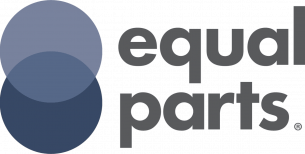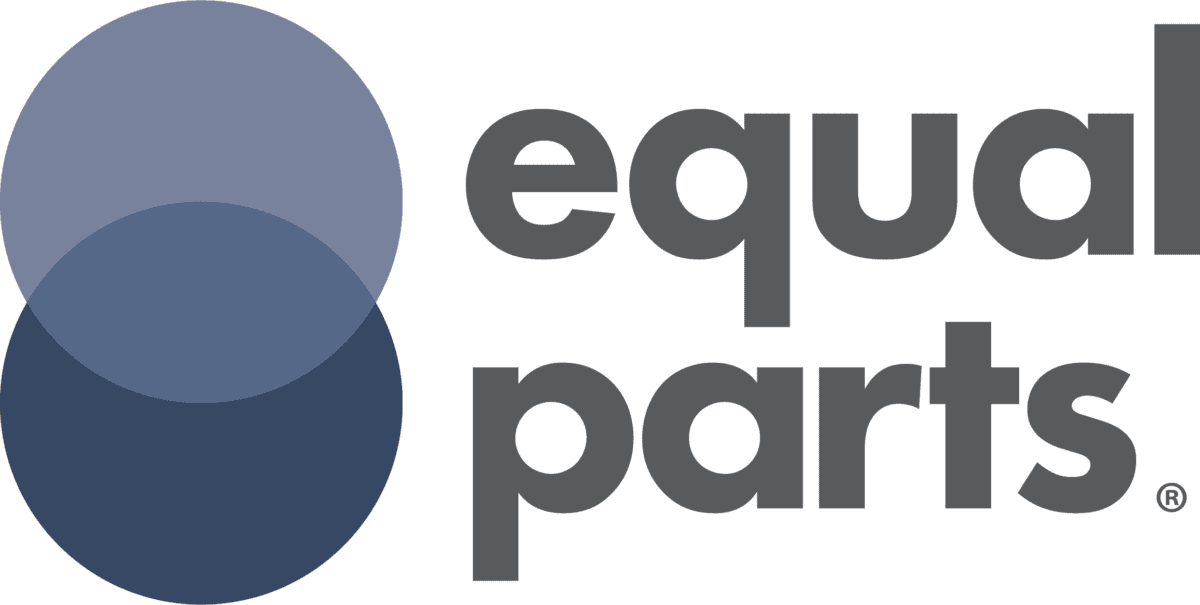Have you ever had somebody tell you half of a story, leaving you with more questions than answers at the end? Pretty frustrating, right? Well, the same thing happens when an employee is not clear about the reason for doing a job. They might understand how to do the job, but they question why they are doing it.
The lack of understanding with how they fit into the big picture of the company is demoralizing and trivializes the job assigned to them. If this is a regular occurrence, it is easy for an employee to be unconcerned with the success of the business. Employee productivity will go down, as will morale and engagement.
A job assignment should include more than a description of the tasks. It also needs to include the why of the job as well as the what of the job. Employees tasked with the job should understand how it benefits the company as a whole (the why) and what results are expected. As a result, employee productivity rises as does their sense of accountability for their work.
Explanation Equals Engagement
All managers and owners are looking for greater employee engagement with their companies. They want their employees to understand their purpose in the organization. And employees feel the same way. They want to know they aren’t ‘spinning their wheels’ doing their job. If somebody understands how their work fits into the big picture of a company, they not only have a purpose, but they know what needs to be achieved to fill their piece of the organization.
Ask yourself, would you do something if you had little or no idea how it would benefit the company? Of course not. Without purpose, a task seems pointless.
Owning The Work
Ownership of work is one of the hallmarks of a good employee. Employees with clear direction and understanding or purpose are more likely to produce exceptional work. They are also more apt to seek new and innovative solutions. Imagine yourself at your job, you know how to do your job because you understand the “tasks.” But knowing knowing why you are doing it and what results are expected gives you focus and autonomy to achieve those measurable results. When there is an over-emphasis of “how” without the “why” or the “what” innovation and problem solving become obsolete.
Purpose Increases Employee Productivity
Every job has tasks, but completing only those tasks is not doing the whole job. What makes a job a career, is somebody applying their best efforts to turn out a great product. People working without purpose become drones. They develop an indifferent attitude and are more concerned with doing the job than doing the job right.
However, if you want standout work you have to tell your employees their purpose and let them figure out the best way to produce the work. Employee productivity is more than a metric; it is the result of an attitude. Creating a culture of teamwork and trust with employees fosters creativity and innovation in their projects.
Purpose Builds Performance
A study from the International Journal of Business and Management summed up what to expect from employees working with a purpose. The authors found workers who know the reason for their job have a greater emotional attachment to their company, have a high level of enthusiasm, and are more likely produce more than you expect of them.
At Equal Parts Consulting, we work with companies to improve their employee productivity and company engagement. If you believe your team is in a rut, we can help. Schedule a consultation to see how we can help you get the most out of your team, increase morale, and help you raise your bottom line.

